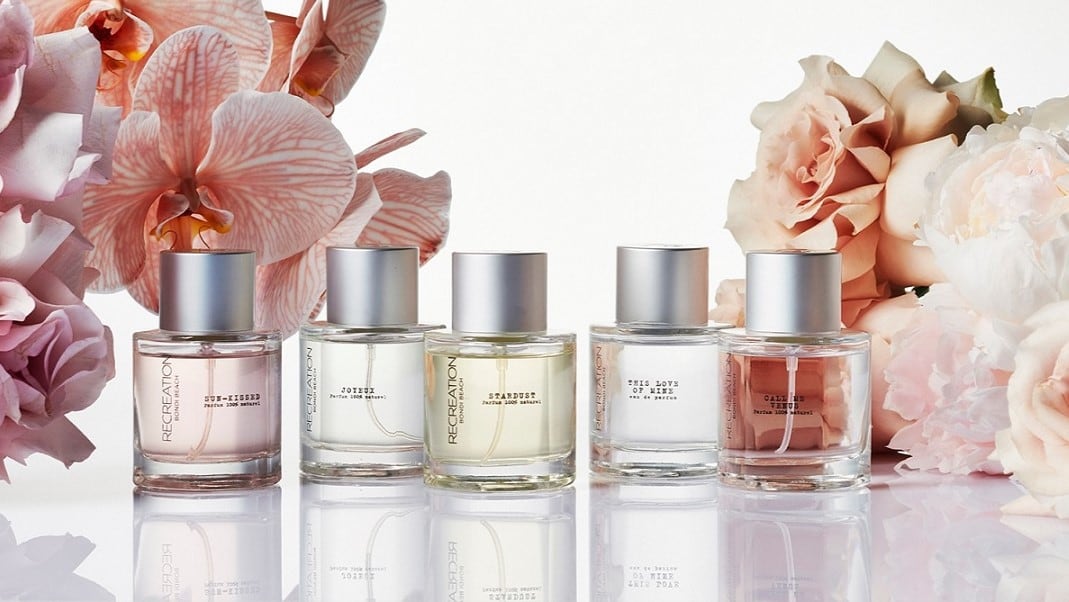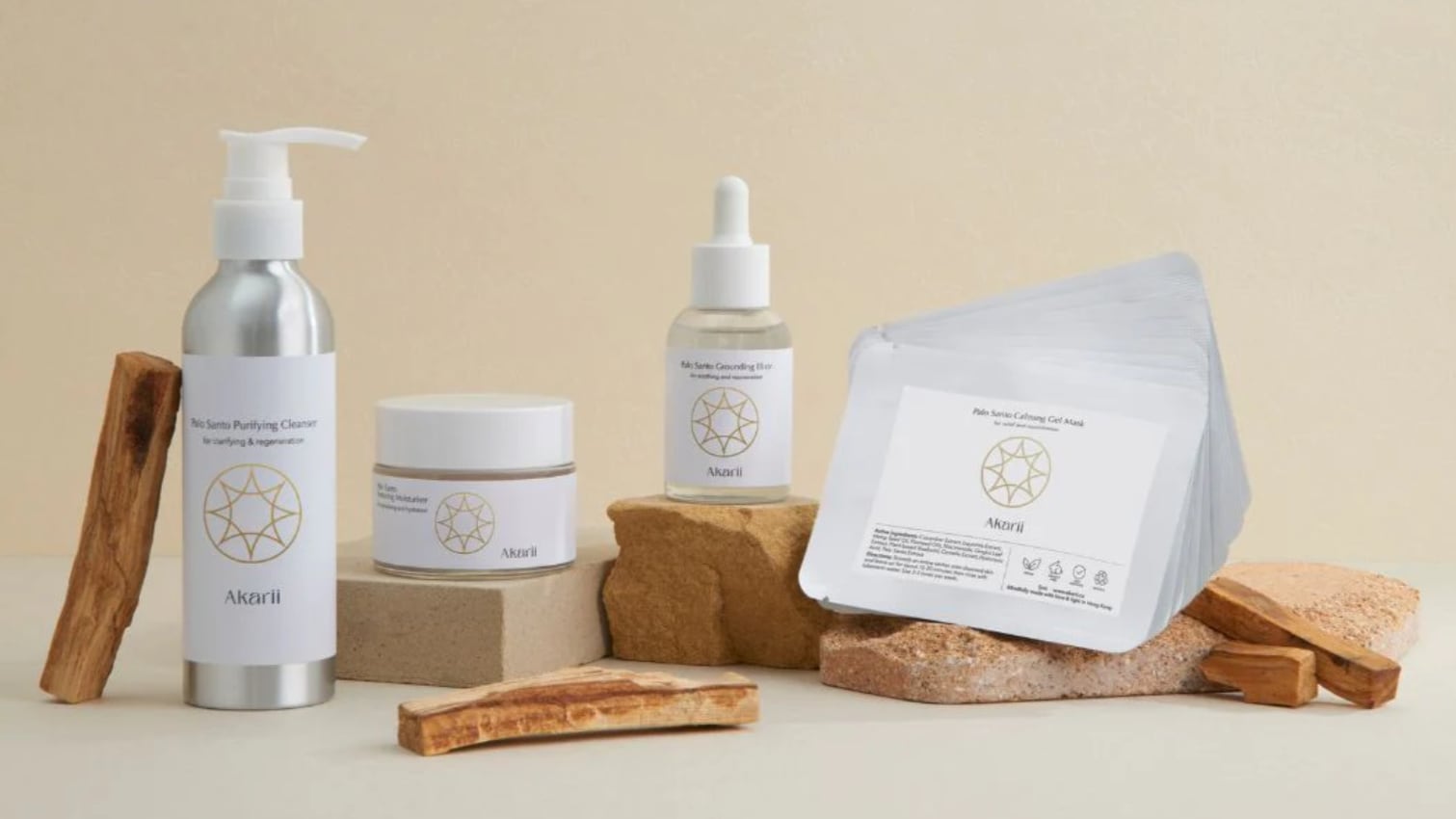Auckland-based cosmetics ingredient maker Organic Bioactives recently discovered that manuka leaf extract also possess the same strong anti-bacterial properties.
“We sent three sample to a French lab. One was our leaf extract. In another, we added the manuka essential oil and another we added essential oils plus honey. At first, we believed it was the essential oil that would kill the bacteria. But instead, we found that we don’t need the essential oils at all,” said founder and chief scientific officer Andrea Taimana.
The results showed that the manuka leaf extract alone was effective against Cutibacterium acnes (C.ances), Corynebacterium xerosis (C. xerosis) and Staphylococcus aureu (S.aureus).
“This is yet another level of proof of how utilising our extraction technology can produce really potent botanicals,” said Taimana.
The extract was also found to be a good chelating agent, further proving its efficacy against Gram-negative bacteria.
In addition to this, the extract has demonstrated notable antioxidant properties.
“We also tested it against 15% solution of vitamin C and we found it was very high in antioxidant properties,” said Taimana.
The company is targeting a number of categories, including acne care, body deodorants and feminine intimate care.
More than honey
Native to New Zealand, the manuka tree is best known and sought after for its honey, which is known for its strong anti-bacterial properties.
Similarly, the oils extracted from the manuka leaves have touted the same capabilities.
The company’s manuka leaf extract is obtained using its proprietary extraction method which utilises a low-speed cold crushing and pressing system.
This technology makes the process of obtaining manuka leaf extract more environmentally sustainable than extracting its essential oils.
“To get the essential oils, you would need a lot of manuka leaves to distil small amounts of oils. But to get manuka leaf extract, it’s the complete opposite. We harvest low biomass input for high yield of botanical extract,” said Taimana.
Overcoming the hurdles
Taimana believes this breakthrough offers a promising alternative for cosmetic formulations addressing challenges posed by essential oils, such as skin sensitivities and regulatory complexities.
The use of essential oils can present several challenges that formulators must navigate. These concentrated and volatile oils are known to cause skin sensitivities, allergies, and phototoxic reactions.
Furthermore, this can help circumvent the complex regulatory landscape around essential oils.
“The regulations around essential oils are getting tougher and tougher to navigate. It’s really difficult for brands to follow all the regulations so absolutely we believe this is a great alternative. The extract can go into a water-based formula. It's also not that much heat sensitive – it’s just much easier to formulate with,” said Taimana.





